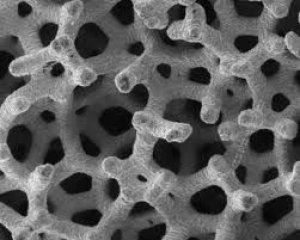
All iLive content is medically reviewed or fact checked to ensure as much factual accuracy as possible.
We have strict sourcing guidelines and only link to reputable media sites, academic research institutions and, whenever possible, medically peer reviewed studies. Note that the numbers in parentheses ([1], [2], etc.) are clickable links to these studies.
If you feel that any of our content is inaccurate, out-of-date, or otherwise questionable, please select it and press Ctrl + Enter.
Viral therapy successfully tested on human cancer patients
Last reviewed: 01.07.2025

An international team of scientists has tested viral therapy on cancer patients for the first time. The results of the joint work by researchers from the UK, US and Canada were published in the June issue of the journal Science Translational Medicine.
The idea of using viruses to combat malignant neoplasms arose in the early twentieth century, and the possibility of implementing such treatment was first proven in 1952. In 1970, it was discovered that reoviruses, which are widespread in nature and do not cause serious diseases in humans, preferentially select tumor cells for replication. This fact was confirmed twenty years later in an experiment with human tumor cells, and then in model mice.
It is now known that reoviruses can destroy cells of various cancerous tumors, such as colon, breast, pancreas, ovarian, brain and bladder cancer. By penetrating cancer cells, virus particles trigger the mechanism of apoptosis - programmed cell death. In addition, they cause a reaction of the immune system and thus also help eliminate some of the cancer cells.
Ten patients with advanced colon cancer participated in the trial. The malignant tumor had metastasized to the liver, so each patient was scheduled for surgery. The study participants were given five injections of reovirus in the weeks leading up to surgery.
Scientists have established that viral particles penetrated into blood cells and reached the tumor inside such "transport". During the operations, the virus was found to be multiplying in liver tumor cells. However, the virus did not affect nearby healthy tissue.
“Our work has produced excellent results and demonstrated that it is possible to deliver the virus to a tumour using an intravenous injection,” said one of the study’s co-authors, Dr Kevin Harrington from the University of London.
